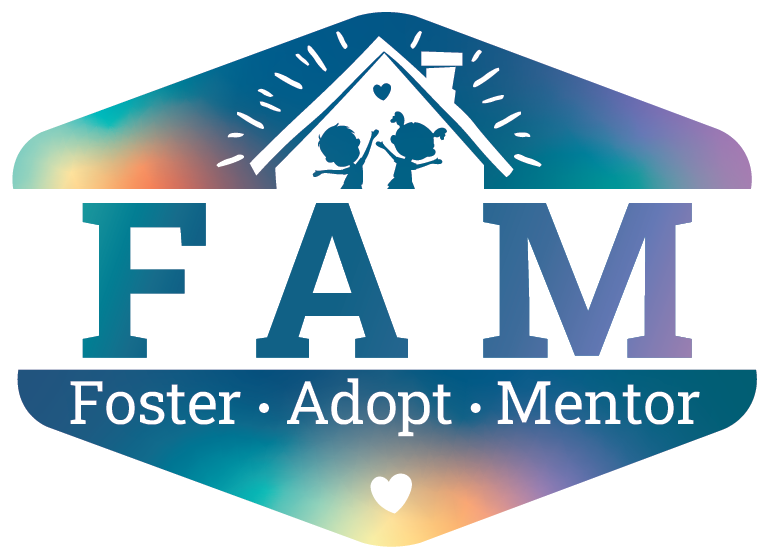Be An Ally & Help Champion Growth
Children in foster care are just like any other kids—they seek fun, love, and acceptance. However, they often face challenges that force them to make decisions well beyond their years. Having at least one consistent, supportive adult who believes in them and encourages their growth is essential for their development. For many foster children, a mentor is the only stable, dependable relationship in their lives, offering a crucial sense of family and belonging. By becoming a mentor, even dedicating just an hour a week, you can make a lasting, meaningful impact and help a child navigate through their challenges with confidence and hope.
SHINING A LIGHT ON MENTORSHIP
Take A Moment to Watch
Whether you’re already a mentor or just curious about the impact one person can make, this video is a reminder of how guidance, encouragement, and simply showing up can change a life. It’s a great way to see mentorship in action—and maybe even spark your own interest in getting involved!
TAKE ACTION
Become A Mentor
Anyone can make a difference for foster youth as a mentor. Few mentor programs are targeted solely toward serving youth in foster care. That said, heightened awareness in recent years of the needs of foster children has led to an increase in the number of traditional mentoring programs that intentionally reach out to this population.
Complete Application & Background Check
Prospective mentors fill out an application to begin the process, providing personal information and details about their background and interests. A thorough background check, including criminal and child abuse clearances, is conducted to ensure the mentor’s safety and suitability.
Interview & Pre-Service Training
You’ll have an interview with a Mentor Program caseworker, complete a questionnaire about your hobbies and interests, and undergo training to understand the foster care system, the unique needs of foster children, and how to build positive, supportive relationships.
Matching with Foster Youth
Mentors are matched with a foster child based on shared interests, skills, and location to ensure a strong, supportive bond. The goal is to create a meaningful connection that promotes the child’s emotional growth, provides stability, and encourages positive development.
Ongoing Support
A mentor can be the only consistent figure in a foster child’s life. To ensure success, our mentors receive comprehensive training and ongoing support. Once matched, mentors are encouraged to spend at least three hours per month with their mentee, with additional contact as needed, while receiving continuous guidance throughout the mentoring journey.
The Impact Of A Mentor
Foster care mentors are vital to the lives of children and youth, providing a steady and compassionate presence that many foster children may have never known. By offering consistent, supportive relationships, mentors help bridge the gap, empowering foster youth and creating a lasting impact on their emotional growth and overall well-being.

Providing
Support
Offering a safe, reliable relationship where the child feels heard, seen, understood and valued.

Building
Self-Esteem
Encouraging the youth to recognize their strengths and potential, helping them gain confidence.

Teaching
Life Skills
Guiding the child in developing practical skills like time management, problem-solving, and decision-making.

Helping with
Life Planning
Providing advice, support, and resources as the youth sets goals for education, career development, etc.
F.A.Q.
Frequently Asked Questions
You’ll be asked to complete an application, including a background check, interview with a Mentor Program caseworker, answer a questionnaire about your hobbies and interests, and undergo training.
Matches are made based on shared interests and the best fit for the child, with geographic location and your skillset also considered. Our goal is to create meaningful, lasting connections for each child in foster care. We ask that you commit to a minimum of three hours per month spent in person with your mentee, along with weekly contact. Additional time is always welcomed and encouraged!
Any costs incurred are the responsibility of the mentor. At times, we have funding to help supplement some activities, but this isn’t guaranteed since funds are received from donations.
We ask for a minimum of a year-long commitment from our mentors and children, yet we understand some relationships may end sooner. Many relationships last well beyond that! We’re looking for our children to have a connection they can maintain after they exit the foster care system.

“My mentor listens to me and does fun stuff with me—that’s what makes them awesome.”

